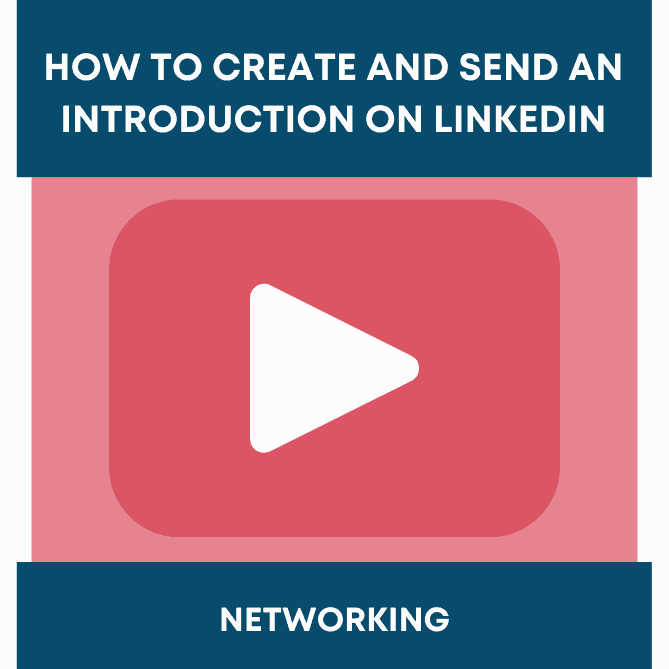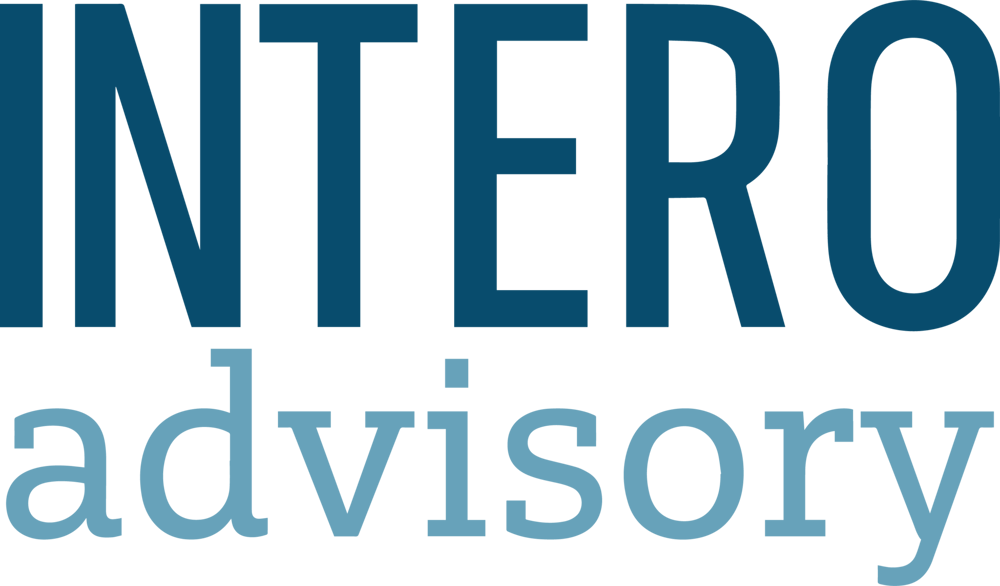A small business owner called me a couple of weeks ago a bit alarmed and somewhat annoyed that LinkedIn is sending messages to his employees about jobs they might be interested in.
No doubt his concern is legitimate and a topic we hear a good deal about from other CEOs and business leaders. The smaller the business, the more this may be a problem. (You may not have a bench to pull from or a recruiting team ready to roll to find someone new).
If you own a small business you understand the situation. You bring someone in, train them, give them a great opportunity to learn, mentor them, build their skills only to see them leave for a better opportunity. The beauty was that often these employees were in the trenches—heads-down working, not out meeting and networking with access to the larger world of people, potential and opportunity.
This has changed with LinkedIn and other social platforms. Today, word-of-mouth scales at unprecedented levels and ways. People are sharing job openings with their professional and personal networks. Recruiters are searching and reaching out to people. Top talent will always be recruited, today’s social sharing just makes it quicker and more intentional.
Even if your employees are happy, they are still seeing these new opportunities served up to them based on the algorithms each platform uses. LinkedIn’s new algorithm still seems to prefer keywords in certain areas (Headline, your Summary, your title in your current role, the title in your past roles and Specialties).
Is your paranoia grounded? Of course, it is. What’s the answer?
You have to decide where there’s greater upside. Is it better to keep your employees under the radar or is it better to have them look great, (you did hire them because they were great, right?) and let your customers and prospects see what a rock-star team you’ve built? I’m not sure about you, but as a small business owner I’m going with wanting them to look great. Great employees make you look smart— they build confidence with clients, especially in smaller businesses where clients know you can’t possibly manage everything.
Considering you can’t tell your employees they can’t be on LinkedIn or any other platform (remember you don’t own their profiles), you look paranoid if you tell them not to have a profile or you try to manage their profile. I haven’t met one employee who doesn’t want to look good on LinkedIn. But they usually haven’t taken the time to best understand how to really build their profiles so it best represents them and your organization.
This perspective may mean they become suspect of you and your intentions. No one wants this, in turn, consider how you can reduce the chances of someone being recruited away.
Turn your employees into ambassadors.
Consider some of the following:
- creative perks
- working from home
- building an ownership culture
- empowering employees to take risks and consider how they can stretch
- make them a part of your social-business initiative
- ask them who they know
- incent them to reach out for both business development and recruiting
- give them a voice through content writing and sharing content
In Reducing Employee Turnover – 12 Tips for Small Businesses I especially like the tips for current employees.
In Reid Hoffman’s newest book, The Alliance he talks about managing talent in a networked age and how it’s time to rethink the employment model. I’ve come to see the value in this thinking and highly recommend the read.
At Intero, we have a great team, a small but mighty team of highly talented individuals who are passionate about the work we do. I am grateful everyday for how they contribute to our clients’ success and make me accountable and better. As an optimist, I hope we stay intact for a long time— learning, growing and building a sustainable business. As a realist, I know they are presented with lots of opportunities with better titles and comp packages, and I simply can’t control that. I can only control the opportunity and experience I can help them create for themselves at Intero.
Be aware that, in the end, it’s not LinkedIn or any other platform that fluffs up your plan or your team. And, in fact, if you consider embracing these platforms to turn your people into engaged ambassadors who are proud of the company and for whom they work, a new energy and larger purpose might emerge.



